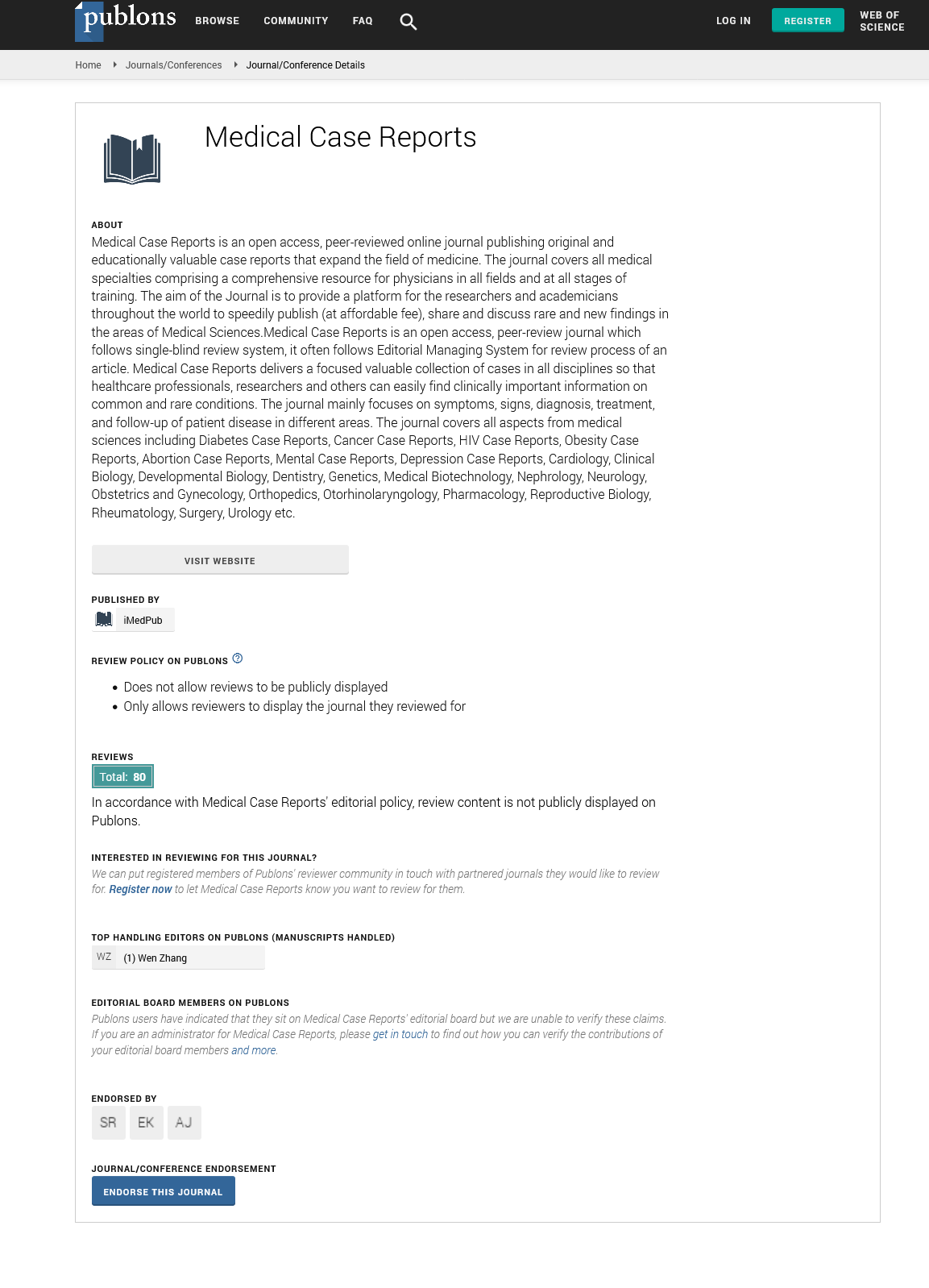Abstract
From Frontal Lobe Injury to Homelessness: A Case Study of A 63-Year-Old Woman's Suicidality and Homelessness Secondary to Traumatic Brain Injury Sequelae
Background
Executive function impairments are prevalent in patients with a history of Traumatic Brain Injury (TBI) localized in the frontal brain. Global studies have shown a correlation between traumatic brain injuries and poor social and psychiatric outcomes. We present a previously healthy, 63-year-old licensed practical nurse with an unknown history of traumatic brain injury and coma who presented with acute suicidal ideation, severe depressive episode, and confusion in the setting of a two-year period of homelessness.
Aims
This case highlights the further need for clinicians to ensure that traumatic brain injury patients are set up with appropriate follow-up and post-discharge care to prevent this population from falling victim to homelessness and mental health crises.
Method
We conducted a case report investigating our patient’s clinical presentation of suicidality and depression and its relationship to an unknown frontal lobe brain injury.
Conclusion
We provide the medical community with a clinical example of the relationship between traumatic brain injuries and poor mental health and social outcomes, initiating the conversation that must be had on preventing homelessness in the traumatic brain injury population.
Author(s): Rutvi Patel and Joseph Podolski
Abstract | Full-Text | PDF
Share this

Google scholar citation report
Citations : 241
Medical Case Reports received 241 citations as per google scholar report
Medical Case Reports peer review process verified at publons
Abstracted/Indexed in
- Google Scholar
- China National Knowledge Infrastructure (CNKI)
- Cosmos IF
- Directory of Research Journal Indexing (DRJI)
- WorldCat
- Publons
- Secret Search Engine Labs
- Euro Pub
Open Access Journals
- Aquaculture & Veterinary Science
- Chemistry & Chemical Sciences
- Clinical Sciences
- Engineering
- General Science
- Genetics & Molecular Biology
- Health Care & Nursing
- Immunology & Microbiology
- Materials Science
- Mathematics & Physics
- Medical Sciences
- Neurology & Psychiatry
- Oncology & Cancer Science
- Pharmaceutical Sciences


